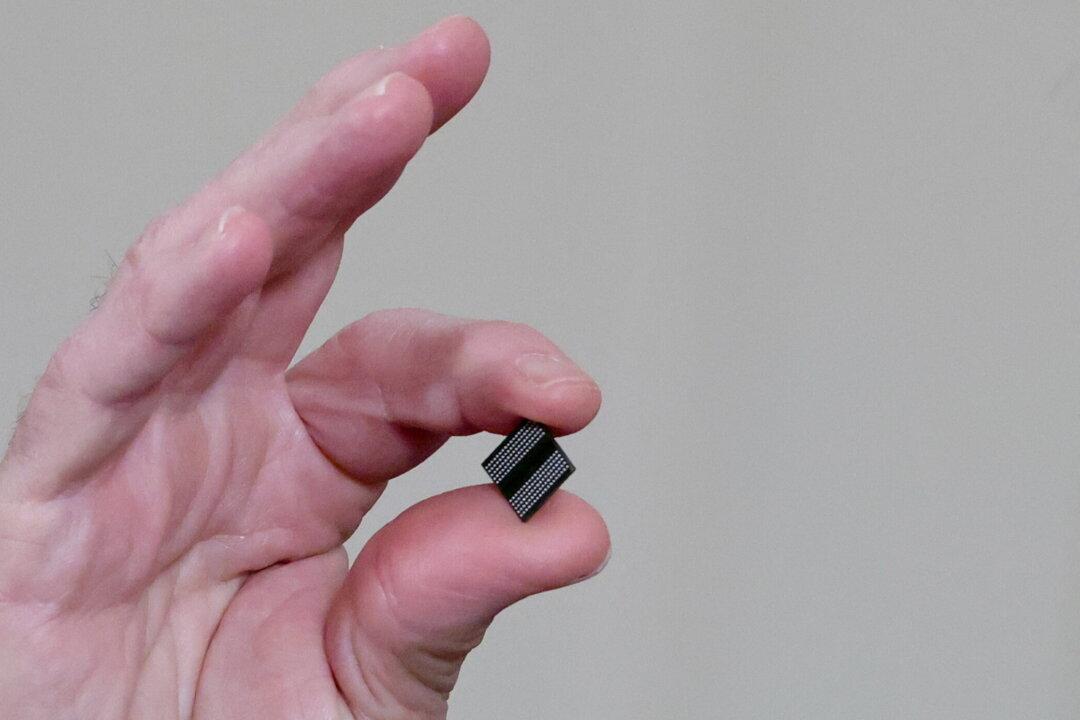The global semiconductor shortage has led a major industrial conglomerate to resort to buying up old washing machines and removing chips from inside them for use in their own products, according to the head of a supplier of key technologies to chipmakers.
Peter Wennink, CEO of ASML, a company that dominates the global market for machines used to etch circuits into silicon wafers, made the remarks in an April 20 earnings call, without identifying by name the conglomerate that was scavenging chips from washing machines.





